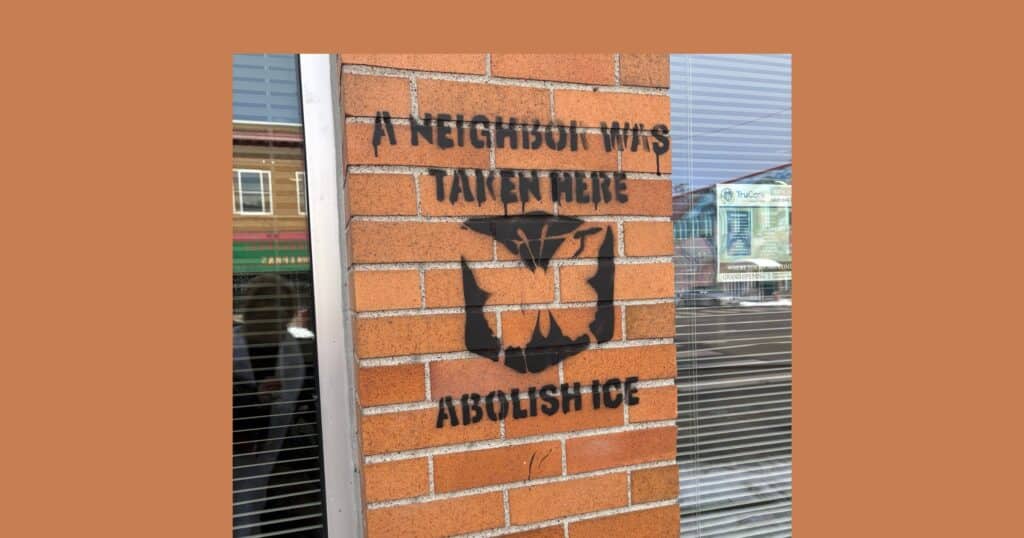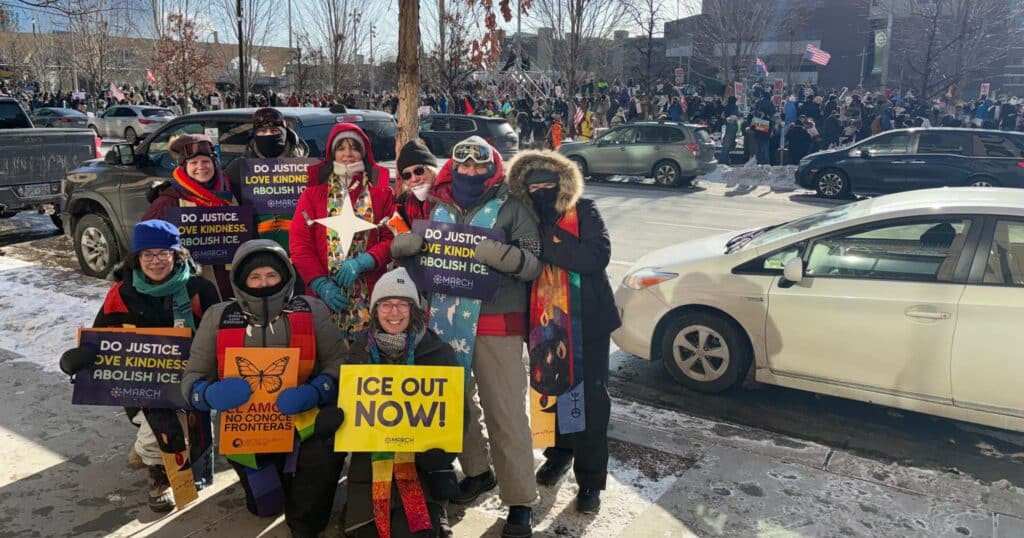Internet connectivity program set to expire this month, threatening to increase ‘digital divide’
For the last two years, millions have saved $30 each month from their internet bills — an amount which has helped people gain home internet access while also being able to cover costs of raising children, pay for gas to get to medical appointments, and reach links to needed job and education resources.
Now, the Affordable Connectivity Program is set to expire at the end of April when it runs out of federal funding.
This will impact the 23 million people currently enrolled in the program, with millions reporting that this loss would cause them to “cut other basic expenses” or “go without” internet service entirely.
Addressing the “digital divide” and responding to the needs of those facing barriers to digital inclusion is an issue of justice, according to a resolution passed by last year’s General Synod.
“The poorest of the poor in my community rely on the Internet for everything,” the Rev. Kelli Parish Lucas shared at the time regarding the rural area where she pastors First Congregational Church in Rock Springs, Wyoming.
Beyond those directly impacted, Cheryl Leanza, policy advisor for the UCC Media Justice Ministry, stresses that the end of this program “will impact everyone, because when some members of our communities cannot find work, pursue their education, find health care or stay in touch with loved ones, our communities become weaker.”
Bridging digital divides
The Synod resolution encouraged advocacy to make affordable, quality digital access available for all, particularly those facing challenges because of systemic inequalities in the United States and around the world.
The Affordable Connectivity Program — a program that efforts of the UCC Media Justice Ministry have helped to advance — aimed to address these divides.
“Since the adoption of a 1997 General Synod resolution, the United Church of Christ has formally recognized the need to ensure that our society does not become divided between those who are ‘information rich’ and those who are ‘information poor,’ leaving struggling people without the tools they need to succeed in today’s society,” Leanza said. “In 2021, the UCC’s Media Justice Ministry helped to persuade Congress to create the Affordable Connectivity Program, which now helps nearly 23 million low-income households pay for high-speed internet. This is a program made possible by the support and work of the UCC.”
Leanza added that the $14 billion Congress allocated for the program was used up because it was “so needed and so successful.”
The program will officially shut down in May unless Congress takes action.
Take action
The Biden Administration has called on Congress to pass legislation that would extend free and discounted high-speed internet for eligible households through 2024.
“We are very grateful that President Biden recognizes the importance of ACP — Congress should heed his call,” Leanza said.
The UCC Office of Public Policy and Advocacy in Washington, D.C., has launched an action alert urging Congress to pass the Affordable Connectivity Program Extension Act. This bill, currently in the House, would fund the Affordable Connectivity Program through the end of the year to keep households connected.
“UCC members can do their part to heed Synod’s call by calling members of Congress and asking them to fund the Affordable Connectivity Program,” Leanza said.
Content on ucc.org is copyrighted by the National Setting of the United Church of Christ and may be only shared according to the guidelines outlined here.
Related News
Virtual faith gatherings offer community, mourning, commitment amid nation’s ‘moral crisis’
“We remember all the people that ICE violence kills. We can feel their spirit. They are with...
Read More“God is with Us:” UCC clergy discuss efforts of resistance in Minnesota
Minnesota has been a hotbed of activity, and not for good reasons over the last month....
Read MoreMeet six UCC clergy who traveled to Minneapolis to put faith in action
Long tables piled high with hats, scarves, long underwear, winter coats, and hand warmers...
Read More


